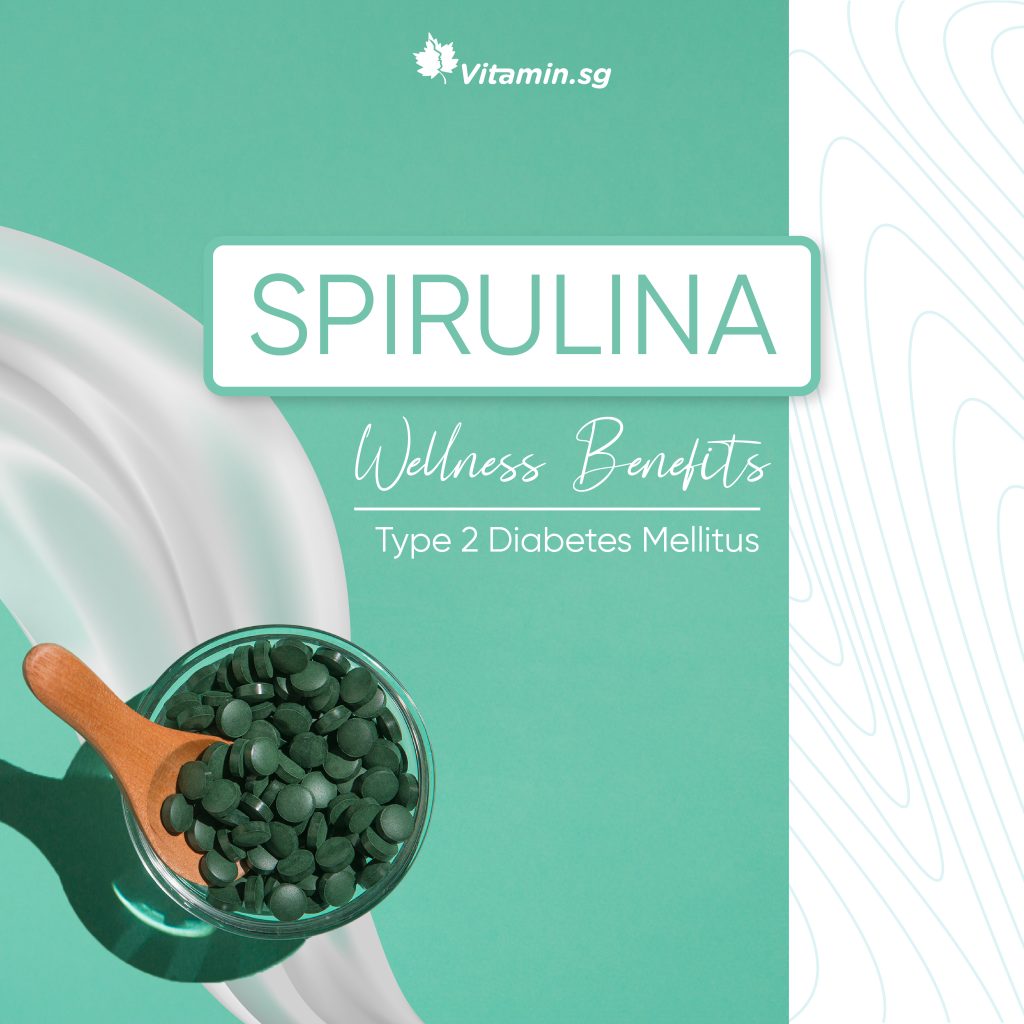Home / Health Blog / Everything You Need to Know About Vitamin B6
Vitamin B6 is a water-soluble vitamin that is also referred to as pyridoxal phosphate. In its active form, vitamin B6 is used as a cofactor in amino acid metabolism. It is also used in the enzymatic reactions that control the release of glucose from glycogen.This vitamin was discovered in the 30s when nutrition studies were being performed on rats. It was later discovered that the vitamin could actually exist in more than one form. The vitamin plays a very important role as a cofactor in the various enzymatic reactions that occur in the body. These enzymes are mainly amino acids and are very important in the proper functioning of the body’s functions.The recommended daily allowance for vitamin B6 is 1.3 mg for men and women. Higher doses are suggested for women who are pregnant and breastfeeding. These are 1.9 mg and 2.0 mg respectively.Vitamin B6 is available in many animal and vegetable food sources including:
There are various symptoms of vitamin B6 deficiency. These include:
There are no serious human diseases that are believed to be caused by a deficiency in vitamin B6. However, in 1950 there was a study involving a deficiency-induced scenario that did cause convulsions. These were controlled by administration of the vitamin. This has also been reported in infants who receive a human-milk substitute lacking in sufficient vitamin B6. Women who are on birth control pills, older people over the age of 55, vegetarians and vegans, as well as alcoholics need regular intake of vitamin B6.Vitamin B6 is often used by doctors for treating morning sickness and for the prevention heart disease. It is believed that people who receive high levels of vitamin B6 are about 30% less likely to develop heart disease than people who only have low levels of vitamin B6. It is safe to take up to 100 mg of Vitamin B6 per day.


